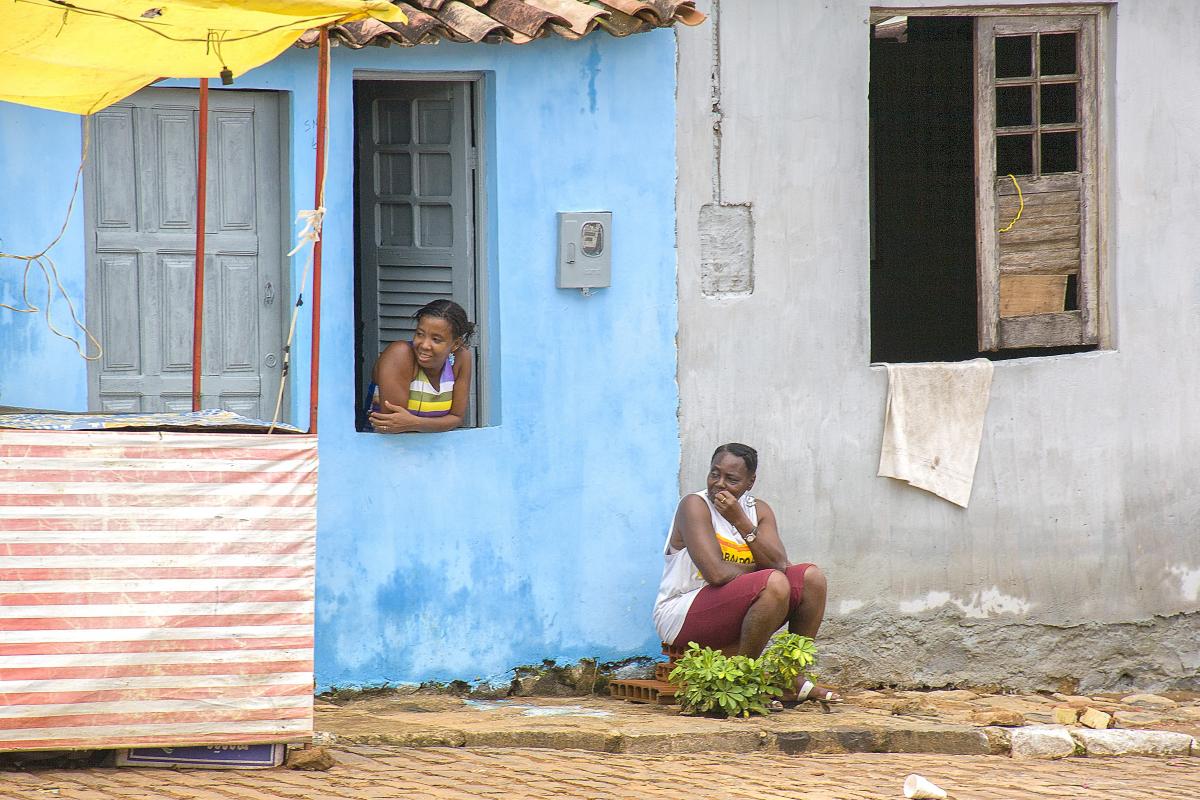The IPC-IG delivers the Social Assistance Plan of the state of Bahia (PEAS) to local authorities

In November, the IPC-IG presented the State Plan for Social Assistance in Bahia (Plano Estadual de Assistência Social—PEAS) to government representatives of the Brazilian state of Bahia and to the Social Assistance State Council (Conselho Estadual de Assistência Social—CEAS).
The Plan was developed through a participatory approach, involving stakeholder consultations, internal discussions with the state administration and CEAS representatives, followed by workshops with representatives of the municipalities and by a public consultation aimed at defining the priorities of the plan. Finally, a series of discussions took place with representatives of the Bipartite Interagency Commission (Comissão Bipartite Intergestora—CIB) and of the Collegiate of Municipal Managers of Social Assistance (Colegiado de Gestores Municipais de Assistência Social—COEGEMAS).
The objectives of the Plan are based on three pillars: legal orientation, definitions proposed through deliberative meetings with municipal and social state councils and representatives of the CIB; and debates with different instances of workers, managers and beneficiaries of SUAS. Through online meetings with CEAS representatives, it was possible to define policies and priorities for the plan, which should reflect, in the coming years, the refinement of the institutional processes of the Unified Social Assistance System (Sistema Único de Assistência Social—SUAS) in the State of Bahia.
In November, the Centre’s research team also delivered a Methodological Note for the study regarding the offer and quality of social assistance services in Bahia, incorporating suggestions from representatives of the Social Assistance Oversight Board (Superintendência de Assistência Social—SAS). The team has delivered a preliminary matrix of possible indicators for the study and is now developing both descriptive and consistency analyses of variables. Researchers are also working on the development of maps, graphs and charts of the indicators and of quantitative data for a preliminary report to be delivered by the end of December.
A Methodological Note on Communications and Social Participation in the context of SUAS was also delivered and approved last month. Researchers have started to conduct semi-structured phone interviews with social workers, beneficiaries and members of municipal and state social assistance councils.
The “Strengthening Social Protection Policies in Bahia” project is a partnership between the IPC-IG and United Nations Development Programme (UNDP) Brazil, which aims at supporting the government of Bahia’s Secretariat of Justice, Human Rights and Social Development (Secretaria de Justiça, Direitos Humanos e Desenvolvimento Social—SJDHDS) in the development of the participatory planning and management of social assistance in the state. It is expected to end by March 2021.
Photo: Martin Fuhrmann on Pixabay